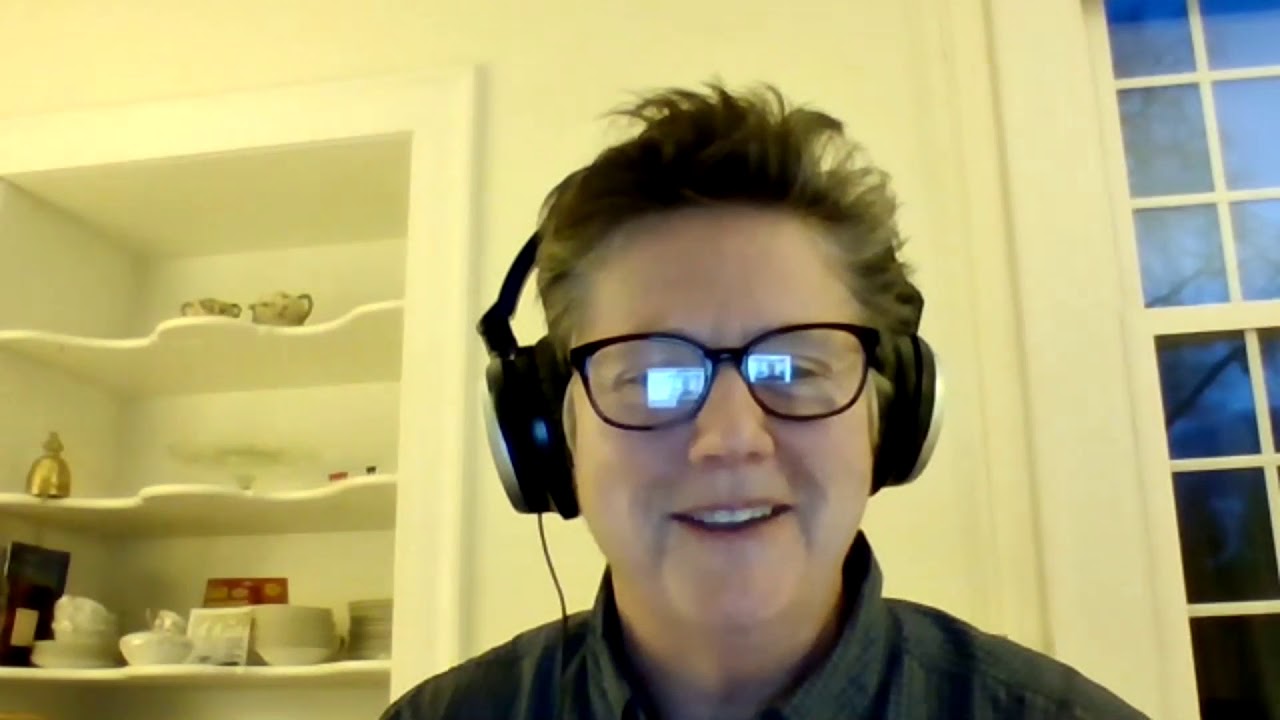Authors: Christian M. Stracke, Aras Bozkurt, Grainne Conole, Fabio Nascimbeni, Ebba Ossiannilsson, Ramesh Chander Sharma, Daniel Burgos, Karen Cangialosi, Glenda Fox, Jon Mason, Chrissi Nerantzki, Jane-Frances Obiageli Agbu, María Soledad Ramírez Montoya, Cleo Sgouropoulou, Jin Gon Shon, Gema Santos-Hermosa
Institutions: Open University of the Netherlands, Anadolu University, Independent Consultant, Universidad Internacional de La Rioja, Swedish Association for Distance Education, Ambedkar University Delhi, Keene State College, University of Cape Town, Charles Darwin University, Manchester Metropolitan University, National Open University of Nigeria, Tecnológico de Monterrey, University of West Attica, Korean National Open University, Universitat Oberta de Catalunya
Countries: Netherlands, Turkey, United Kingdom, Spain, Sweden, India, Canada, South Africa, Australia, Nigeria, Mexico, Greece, South Korea, United States of America
Topic: Global Collaboration, Strategies, & Policies in Open Education
Sector: Higher Education
UNESCO Area of Focus: Facilitating int cooperation
Session Format: Presentation
Abstract
Open Education and Open Science are global movements increasingly gaining inter-est and awareness since the COVID-19 outbreak. These two concepts, which can be traced back to the Middle Ages for Open Science and even earlier for Open Education, bear the potential to support our global society in particular during the current COVID-19 emergency and to build more open and global futures for science and education. Open Education is more a broad movement than a precise concept and discipline as shown by the key dimensions of Open Education that have been analysed and integrated into the OpenEd Quality Framework. Several studies revealed the constant changes in the understanding and implementations of Open Education through the centuries. Specific emphasis of Open Education is on the requirement and need to provide innovative pedagogical models and learning opportunities. To improve the learning quality through Open Education, the learners as well as the educators have to change their traditional strategies and views: Educators should facilitate learner-centred education and learners need to build and enhance key competences including strategies for self-regulated learning processes and media literacy. These change requests are strongly increasing when educators and learners are starting with digital media and online education, in particular when established as "new standards" during the current COVID-19 outbreak (without any serious introduction and training). Open Science is (like Open Education) a global movement beyond scientific re-search focusing changes in theoretical as well as practical approaches. The two key objectives of Open Science are reliability and trust to enable new ways for scientific progress that is also relevant for the individual citizens and collectives. Thus, Open Science concentrate on achieving and combining subjective and objective credibility within the global society but also in small communities including school classes and educational groups. Through these goals and strategies, Open Science can support societal as well as educational tasks: Scientific thinking and argumentations are beneficial for judging about (fake) news and building knowledge concepts and key competences such as self-reflection. Online learning can utilize and implement Open Science as a guiding philosophy as well as research topic. How can Open Education and Open Science support our global society in general and in particular during the current COVID-19 outbreak? Our first assumptions: Assumption 1: Open Education and Open Science can facilitate new learning opportunities through digital media and online environments, fostering the combination of individual key competences for self-regulated learning and living. Assumption 2: Open Education and Open Science can foster communication and collaboration opportunities in online systems and social media leading to more transparent facts, increasing media literacy and critical thinking, fighting against fake news and conspiracy theories. Assumption 3: Open Education and Open Science can boost innovation by facilitating collaborations in findings solutions like medicines for COVID-19 through greater availability and accessibility of publicly funded scientific research outputs. Assumption 4: Open Education and Open Science can strengthen democracy and resilience within our global society by building responsible citizens as well as reliability and trust in our local and regional communities.Keywords
Open Education, Open Science, Open Data, Open Scholarship, COVID-19
